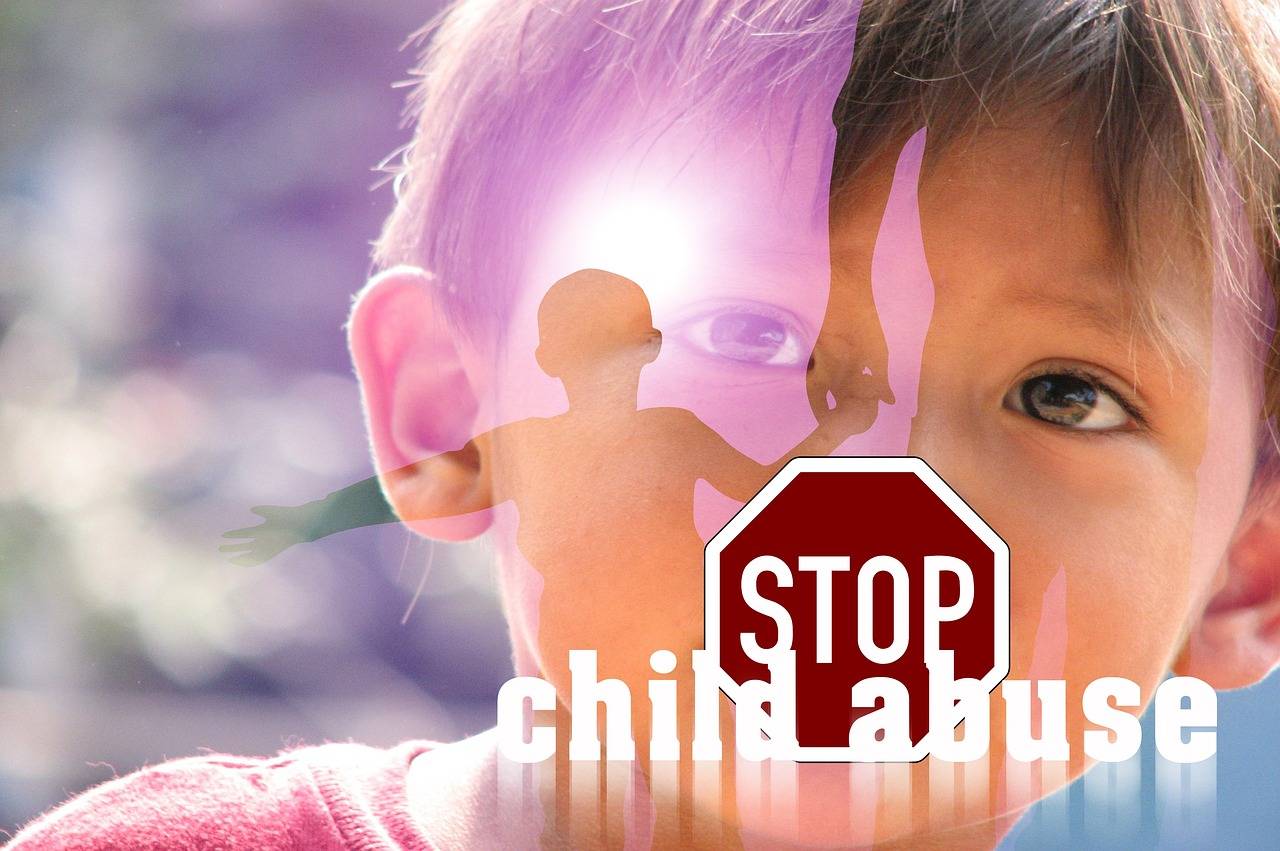Analyzing the Role of Community Colleges in Adult Education
Lifelong learning opportunities play a crucial role in personal and professional development. In today’s fast-paced world, the ability to adapt to new technologies and changes in the workforce is essential for staying relevant and competitive. Embracing lifelong learning allows individuals to acquire new skills, expand their knowledge base, and enhance their problem-solving abilities, ultimately leading to greater success in their careers and personal lives.
Moreover, lifelong learning fosters intellectual curiosity and a growth mindset. By continuously seeking out new challenges and learning experiences, individuals can broaden their perspectives, enhance their creativity, and improve their critical thinking skills. This not only benefits the individual but also contributes to a more innovative and dynamic society as a whole. Embracing lifelong learning as a mindset enables individuals to embrace change, navigate uncertainties, and thrive in an ever-evolving world.
Accessible Pathways to Higher Education for Adults
Adult learners often face unique challenges when considering pursuing higher education. Juggling work responsibilities, family commitments, and financial constraints can make the traditional route to obtaining a degree seem daunting. However, there are various accessible pathways available that cater specifically to the needs of adult learners.
One such pathway is online education, which offers flexibility and convenience for those balancing multiple priorities. Through online programs, adult learners can study at their own pace and on their own schedule, eliminating the need to commute to a physical campus. This flexibility makes higher education more accessible and achievable for adults looking to advance their careers or pursue their academic goals.
Supporting Non-Traditional Students in Pursuing Education
Non-traditional students face unique challenges when pursuing higher education. Juggling work, family responsibilities, and academic commitments can be overwhelming, leading to feelings of burnout and frustration. Without adequate support systems in place, these students may struggle to persist in their educational journey.
Institutions can better support non-traditional students by offering flexible class schedules, online learning options, and financial aid specifically tailored to their needs. By providing resources such as childcare services, career counseling, and mentorship programs, colleges and universities can help non-traditional students navigate the complexities of balancing multiple roles while pursuing their academic goals.





